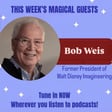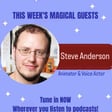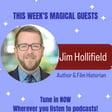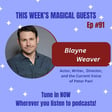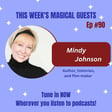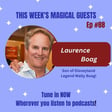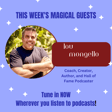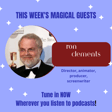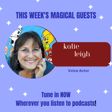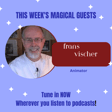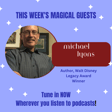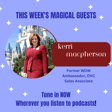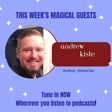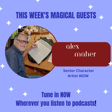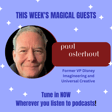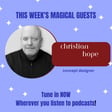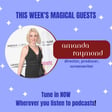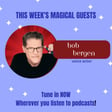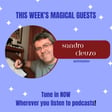
Episode 89 Osnat Shurer
This week, we sit down with legendary producer Osnat Shurer, the creative force behind Moana and Raya and the Last Dragon, to explore the art of bringing authenticity and heart to animated storytelling. From her early days at Pixar to building the Oceanic and Southeast Asia Story Trusts at Disney, Osnat shares how collaboration, cultural respect, and courage fuel her creative journey.
We dive into the magic of representation in animation, the challenges of balancing artistry and accuracy, and how stories can connect us across oceans and cultures. 🌺🐉✨
🎧 Join us as we “Share the Magic” with one of animation’s most inspiring voices — and discover why, in Osnat’s words, “great stories don’t just entertain… they heal, they unite, and they matter.”
